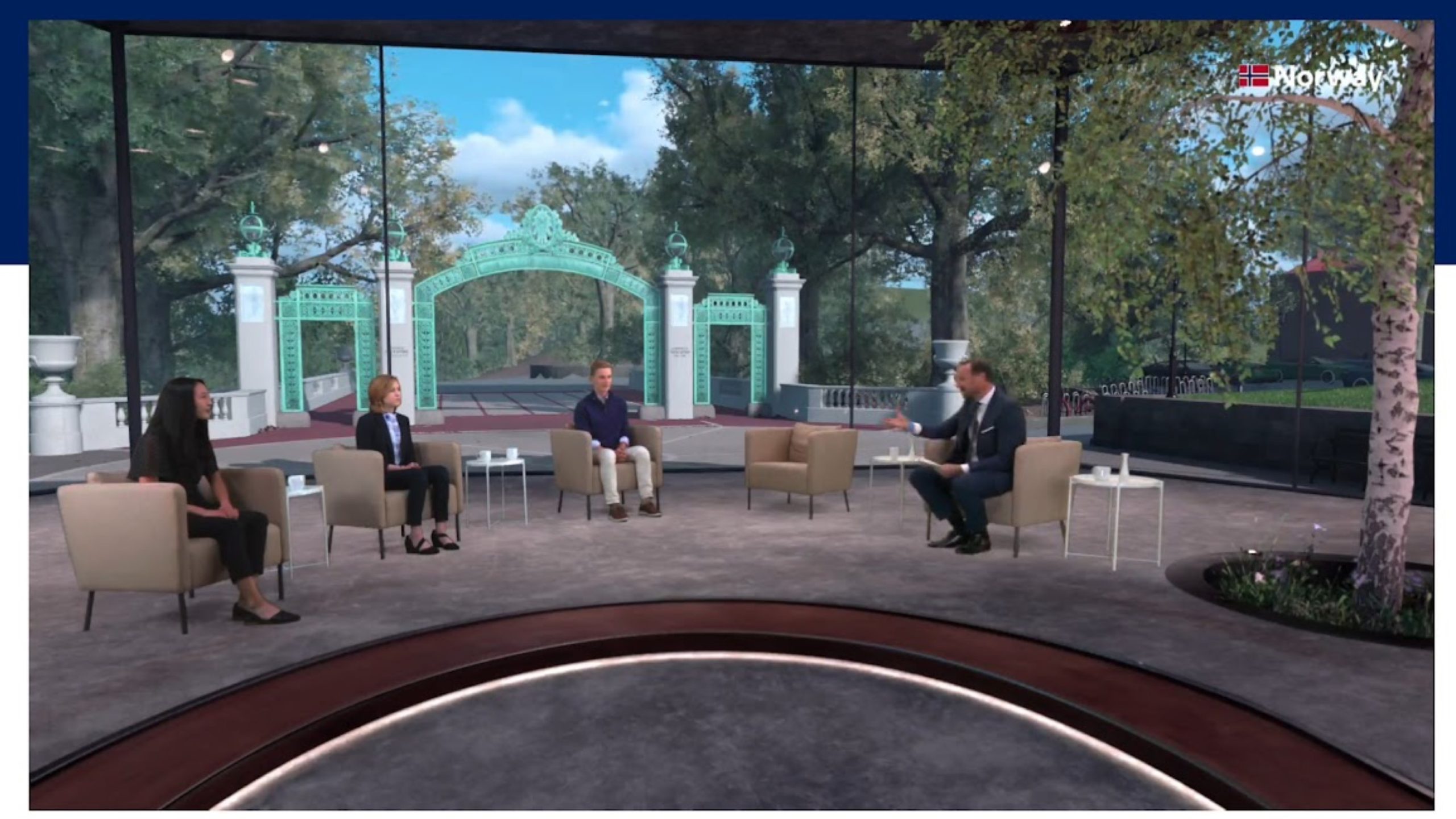Post-Election Call to Action For Business

by Robert Strand
Executive Director, Berkeley-Haas Center for Responsible Business
As the dust begins to settle after a rather unusual – and frankly troubling – U.S. presidential election it is time for us to assess where we are and what to do. I believe two issues demand our most urgent attention and consideration for action: Social Inclusion and Climate Change.
As citizens, so many of us are looking for meaningful and impactful action we can take. As members of the business community, I would argue we have a unique opportunity (and dare I say – a responsibility) to do just that.
I contend Social Inclusion and Climate Change are issues for which the business community has an incredible opportunity to assume a leadership position to drive positive change. I do not pretend to have the definitive answers so I warmly welcome your input in the comments below. I am particularly interested to hear what our students think.
First, let us consider Social Inclusion. We heard remarkably dangerous and divisive rhetoric during the campaign. This rhetoric has already incited some rather disgusting displays of hate. We cannot accept this as the new normal. This divisive rhetoric tears at the fabric of America and represents a call to ask the important question “What makes America great?” (As Jon Stewart recently pointed out during a post-election interview – why wasn’t this question asked during the election?)
I believe that America is greatest when all of us have the freedom to fulfill our potentials and are supported in these pursuits. This is an inclusive ideal that is not reserved for a particular religion, a particular race, a particular gender, a particular sexual orientation, or any other classification invoked to divide us. Want to make America great? Fight to ensure the ideal of inclusion applies to everyone.
In the face of efforts to enact discriminatory policies, the business community must step up to leverage its influence to oppose them. Business wields a great deal influence in the political realm. Moreover, business must step up to further enact voluntary policies and practices that make it more likely to engage and hire groups of people who have been traditionally disenfranchised and left out. This may mean new forms of recruiting and hiring practices, talent development, and a suite of new approaches to encourage and celebrate a diverse working force.
I recently learned about the Adobe Digital Academy that serves to attract and develop low-income, underrepresented candidates who otherwise would not have likely had the chance to join the tech industry. There is great opportunity for innovation in this space to further develop and scale such initiatives as a means to realize untapped potential, build more inclusive organizations and, ultimately, a more inclusive society.
Second, let us consider Climate Change. This represents an entirely different challenge because great harm will be done by doing nothing. Time is of the essence and we appear to be heading toward a dangerous era of denial and stall tactics.
Here, we need incredible leadership on the part of the business community to relentlessly lobby for smart policy while also voluntarily stepping up to build collective action in the absence of such policy. We need to see the list of Low-Carbon USA companies grow while at the same time we need new forms of voluntary policies and practices at companies to combat climate change in a significant way. This will likely take the form of industry collaborations where so-called “competitors” instead see themselves as peers.
In sum, I propose we consider the issues of Social Inclusion and Climate Change each as a lens through which we consider everything. At the Berkeley-Haas Center for Responsible Business, we previously identified focus areas that enable us to drive deeper impact through greater focus. Social Inclusion and Climate Change can each represent a lens through which we consider everything we do within these focus areas – and all that we do in business.
What do you think?


